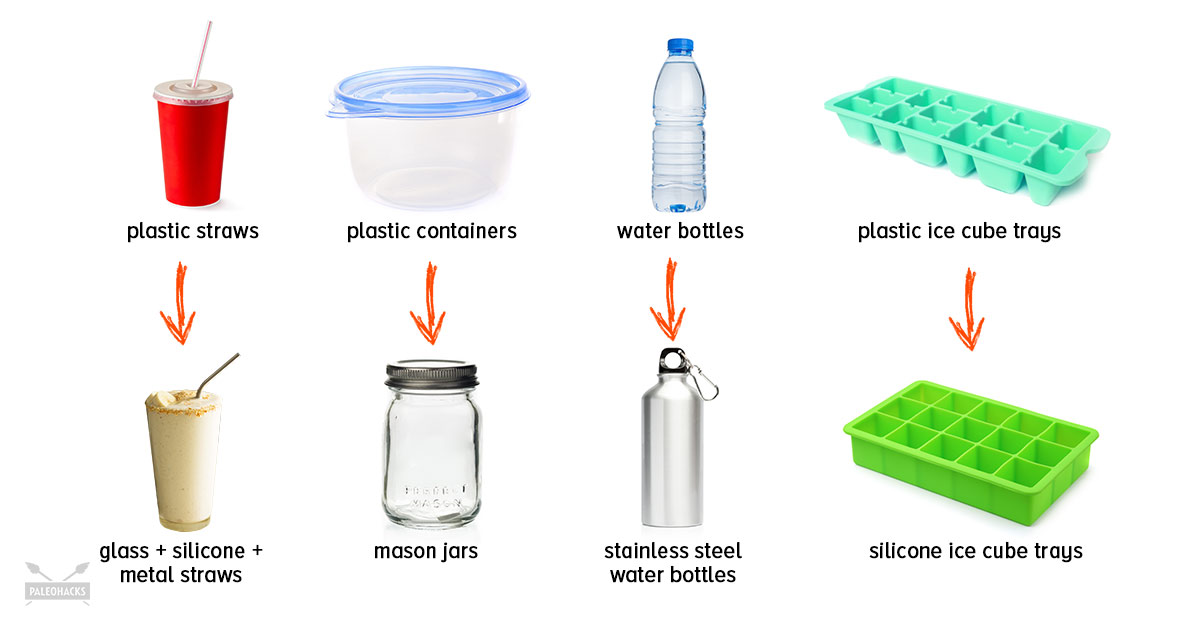Plastic Alternatives

We were once a world without plastic so it is possible to completely get rid of plastics all together which means that we as a nation must work together to find more environmentally friendly alternatives. Instead of constantly using plastic water bottles, we can use reusable bottles that we can carry around and refill. We can also begin to use and take reusable bags around with us instead of using plastic bags at stores. Becoming more aware of the products you buy and how you discard of them is important for the environment and people’s health. Always check the type of material and plastic something is made out of before you throw it away.
